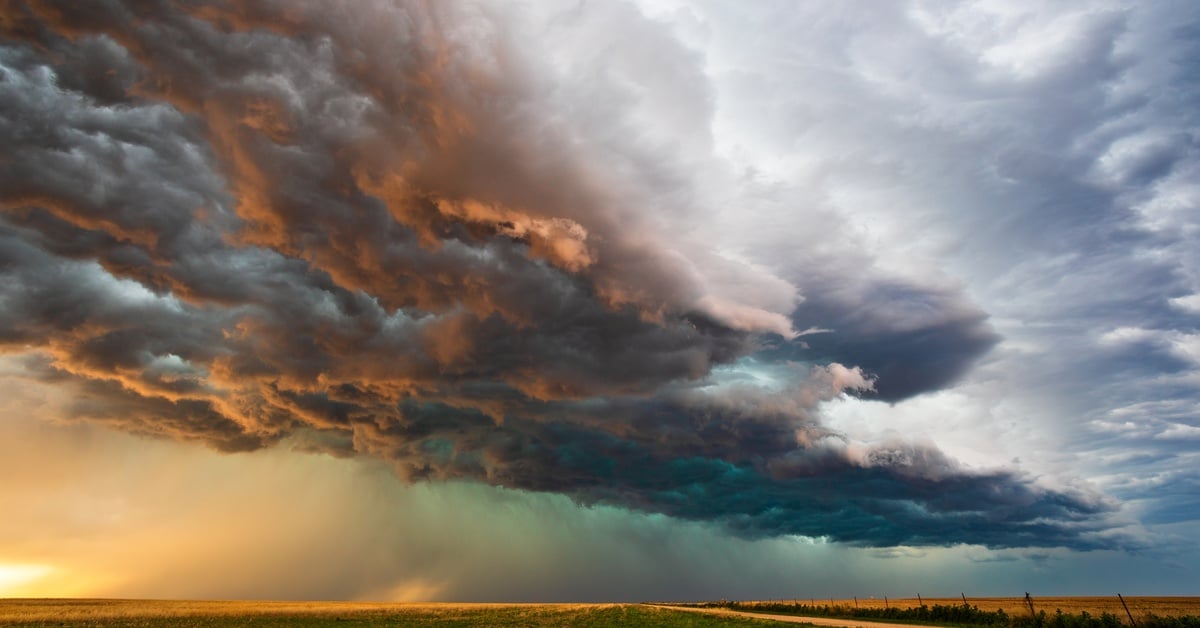10 Tips for Buying Land for Recreational Use
September 24, 2025 11:11 am PST

Purchasing land for recreational purposes is an exciting investment that requires careful consideration. Whether you’re interested in finding a private retreat, enjoying outdoor activities, or building a vacation property, choosing the right land is vital.
The process requires careful planning, in-depth research, and the ability to make informed decisions. Before identifying the ideal property, there are numerous factors to evaluate, ranging from zoning laws to financing options. These tips for buying land for recreational use will ensure your investment aligns with your goals.
Define Your Purpose for the Land
Understanding why you want the land is the foundation of a successful purchase. Define the purpose of the land by asking yourself these questions:
- What main activities do I plan to enjoy on the property (for example, hiking, camping, fishing, or hunting)?
- Do I want a property for private relaxation or one suited for group gatherings?
- Is close proximity to water, trails, or other natural features essential for my goals?
- Will the land need modifications to meet my intended use, and how much effort am I willing to invest?
- Are there specific wildlife species or natural habitats I want the land to support?
Answering these questions will help clarify your vision and ensure the land aligns with your needs and expectations.
Research the Location Thoroughly
The location of the land will define its usability and future value. Recreational land is popular in areas with scenic beauty, proximity to natural resources, and easy accessibility. An ideal location combines convenience with seclusion by offering privacy without being too remote.
Investigate nearby amenities, such as access roads, towns, and recreational facilities. Assessing the surrounding environment for wildlife, vegetation, and water availability ensures the land meets your criteria. Location research also helps evaluate the potential for future development or resale.
Set a Realistic Budget

Establishing a financial plan is essential when purchasing recreational land, as it ensures the accuracy of the buying process. The cost of land can vary greatly depending on location, size, and features. It’s important to account for expenses beyond the purchase price, such as taxes, insurance, and maintenance.
Taking time to research financing options is invaluable, as there are multiple ways to fund your purchase. If you desire a secure investment, premium land for sale in Arizona or other states with natural resources is the best option to consider with competitive pricing. Staying within your budget ensures long-term affordability and prevents financial strain.
Understand Zoning and Land Use Restrictions
Zoning laws impact how you can use recreational land, so understanding them is essential. Different areas may have rules regarding construction, forest management, hunting activities, and agricultural use. Being uninformed about restrictions can lead to disputes or limitations after your purchase.
Consult with local authorities or a land use attorney before making decisions. This clarifies permissible activities and reduces the risk of buying land unsuitable for your intentions. Proper research ensures you maximize the benefits of your investment without legal obstacles.
Analyze Accessibility and Utilities
Convenient access to the land is not always a top priority, but it remains an important consideration. The property should accommodate easy entry year-round, especially if you plan frequent visits. Roads leading to recreational land should be traversable and well-maintained for vehicles.
Utilities such as electricity, water, and sewage systems might not be standard in rural areas. Consider whether you’re comfortable with off-grid living, or assess the cost of adding utilities.
Consider Environmental Factors

Assessing the environmental characteristics of recreational land is necessary to understand its long-term maintenance. Features such as terrain, soil quality, and flood risks can impact your enjoyment and property usage. Unique ecosystems on the land also play a role in outdoor activities and wildlife interaction.
Consider working with a land surveyor or environmental consultant to evaluate the land comprehensively. This helps identify potential challenges posed by erosion, water shortages, or invasive plants. Reviewing environmental factors ensures the land supports your vision effectively.
Evaluate Neighboring Properties and Land Use
Knowing what surrounds your recreational property helps you avoid conflicts and surprises after purchasing. The activities or development plans of neighbors could influence your ownership experience. Scoping the area provides insights into how adjacent lands may interact with your property.
Building relationships with nearby landowners may also provide valuable advice and foster community support. Understanding the potential for future development ensures the property remains suitable for your desired recreational activities.
Check for Legal and Title Finances
Ensuring clear ownership and legitimacy of the land is a nonnegotiable priority before purchasing. Unclear titles, pending lawsuits, or boundary disputes could become major setbacks. Conduct a thorough title search to verify the seller has legal rights to sell the land.
Consider purchasing title insurance to protect against unforeseen legal complications or hidden claims. Having a lawyer review the property’s records provides additional peace of mind. Complying with legal steps protects the integrity of your ownership and prevents future challenges.
Explore Development Possibilities
Buying land for recreational use doesn’t mean you have to leave everything as-is; you may consider developing the property further. Building a cabin, installing trails, or planting a garden supports a better connection with the land. Understanding what’s possible ahead of time prevents stumbling blocks later.
Collaborating with local builders or landscapers can bring creative ideas into reality. Keep in mind that development increases the value of your investment over time. Exploring possibilities ensures the property becomes a meaningful place tailored to your lifestyle.
Work With Land Experts
Real estate professionals who specialize in land purchase can offer indispensable guidance. Experts like those at Land Limited understand market trends, property valuations, and negotiation processes specific to recreational land. Having knowledgeable help ensures fair pricing and allows you to avoid common buyer mistakes.
Professional agents have in-depth knowledge that can uncover hidden gems matching your requirements. From due diligence to closing, working with professionals streamlines the entire process. Trusting experts enhances confidence in your decisions and optimizes the purchase experience.
When purchasing land for recreational use, thorough research and preparation are essential for making a successful investment. Consider factors such as location, accessibility, terrain, and proximity to utilities or amenities, as these can significantly influence usability and value. Consulting with professionals is the best strategy to ensure you meet all legal and procedural obligations to make the most of your land investment.


